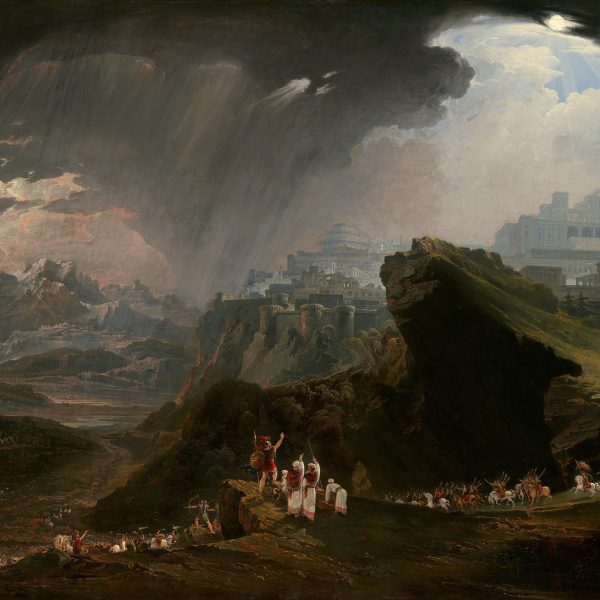
The Israelites no longer needed God to provide manna for nourishment, but had their own land. The manna, in one sense, represents charity work. It is helpful and gives immediate attention to the person in need. Yet, if we are not advocating for the Promise Land where housing is affordable, jobs are of plenty, oppression is repressed, etc, then we need to have a reality check.




